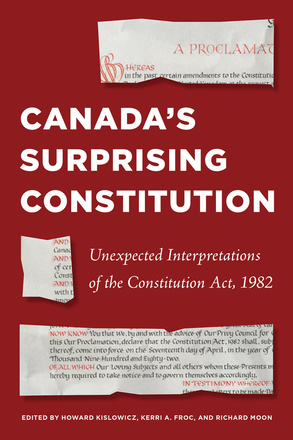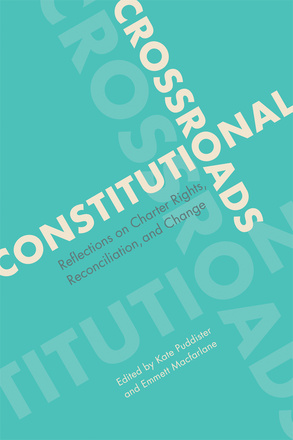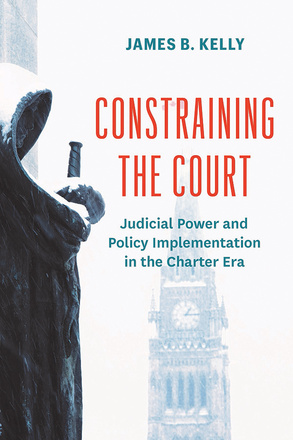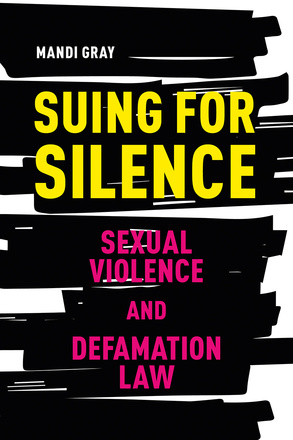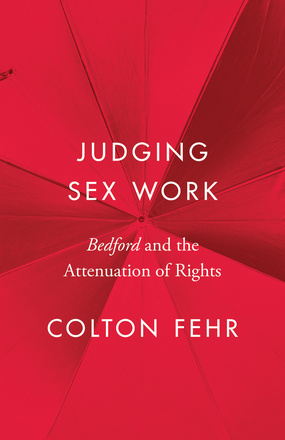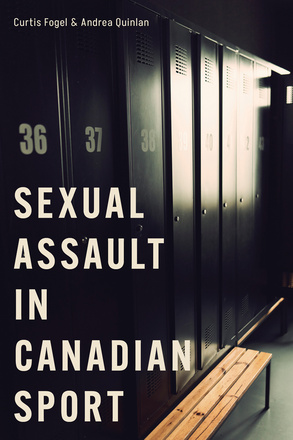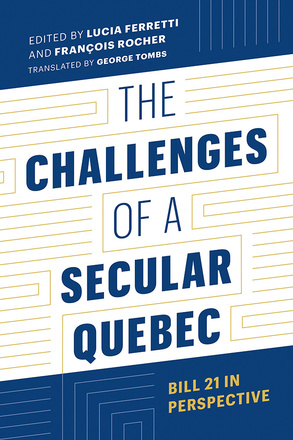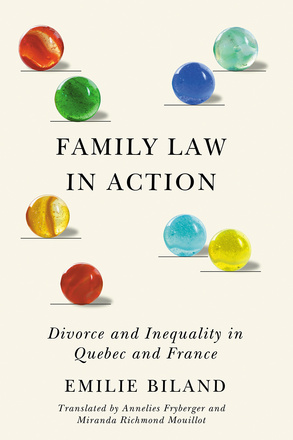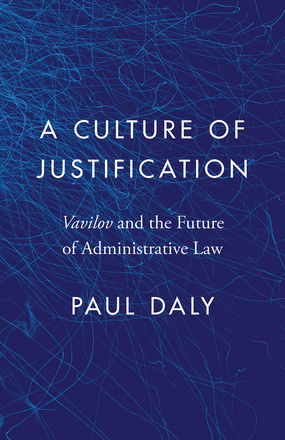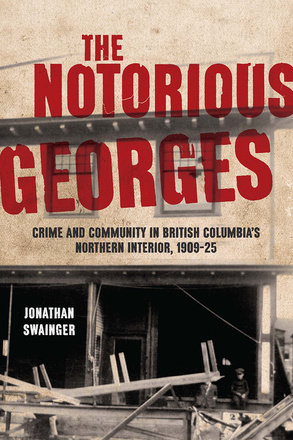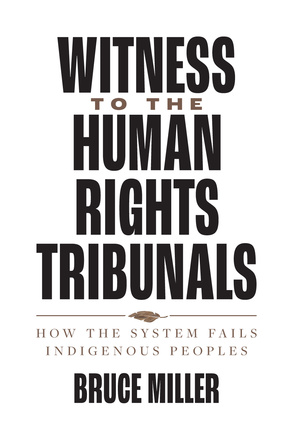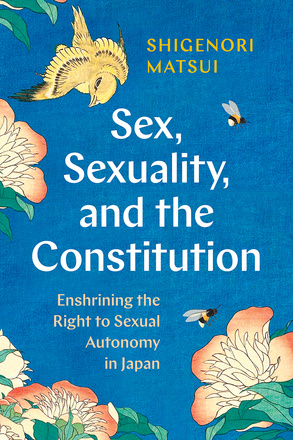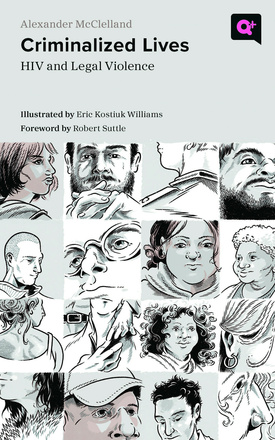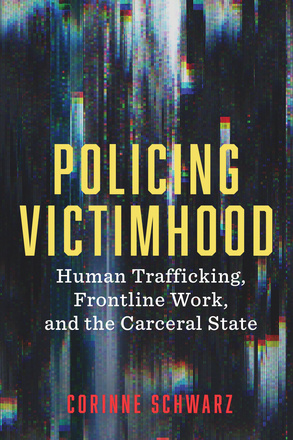
Canada’s Surprising Constitution asks why the Constitution Act, 1982, keeps generating unexpected interpretations and outcomes.
Four decades after the adoption of the Constitution Act, 1982, Constitutional Crossroads assesses its legacy, focusing on the themes of rights, reconciliation, and constitutional change.
Constraining the Court considers what happens when a statute involving a significant public policy issue is declared unconstitutional – and government disagrees.
Suing for Silence exposes the phenomenon of lawsuits whose purpose is to silence those who disclose sexual violence, revealing the gendered underpinnings of Canadian defamation law and its chilling effect on public discourse including formal reports of sexual violence.
Judging Sex Work argues that a decision widely considered to be a victory for social justice weakened sex workers’ rights far more than it strengthened them.
Is sexual assault tolerated in Canadian sport? After reaching the provocative conclusion that sexual assaults are not only accepted but normalized and even promoted, Sexual Assault in Canadian Sport offers constructive strategies to make sport safer.
The Challenges of a Secular Quebec opens up the debates that gave rise to a controversial law on state religious neutrality, taking an open-minded look at how secularism is understood and how it has imposed itself in the Quebec social space.
Family Law in Action examines the inequalities produced by divorce and separation in France and Quebec.
A Culture of Justification examines how a groundbreaking case involving undercover spies and a man’s fight for citizenship helped the Supreme Court of Canada forge a consensus on the future of one of the most important areas in Canadian law.
The Notorious Georges is an engaging exploration of the alchemy of community identity and reputation in Prince George, BC, once branded Canada’s most-dangerous city.
Witness to the Human Rights Tribunals offers a behind-the-scenes account of the difficulties facing Indigenous people in human rights tribunals, and the struggles of experts to keep their own testimony from being undermined.
Sex, Sexuality, and the Constitution persuasively demonstrates the need to entrench protections for individual sexual autonomy within constitutional law.
Criminalized Lives profiles people charged in Canada with the crime of not disclosing their HIV-positive status to sex partners. Examining how criminalization disproportionately punishes poor, Black and Indigenous people, gay men, and women in Canada, Alexander McClelland investigates the consequences of criminalizing illness, which results in people being subjected to state violence rather than treated with care.
Policing Victimhood analyzes semi-structured interviews with 54 service providers in the Midwestern US, a region that, though colloquially understood as “flyover country,” regularly positions itself as a leader in state-level anti-trafficking policies and collaborative networks. These frontline workers’ perceptions and narratives are informed by their interpersonal, day-to-day encounters with exploited or trafficked persons. Their insights underscore how anti-trafficking policies are put into practice and influenced by specific ideologies and stereotypes. Extending the reach of street-level bureaucracy theory to anti-trafficking initiatives, Corinne Schwarz demonstrates how frontline workers are uniquely positioned to perpetuate or radically counter punitive anti-trafficking efforts.

